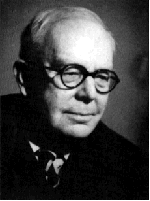“Make it so!”
This popular catch phrase from the second generation Star Trek series encapsulates a key philosophy of living: do what needs doing.
There is an attitude to life which says “Do your best!” Not good enough! You don’t stop at doing your best: you do whatever needs to be done.
RULE: THE ONLY TRUE MEASURE OF COMPETENCE AND SUCCESS IS SIMPLY: DID THE TASK COMPLETE, YES OR NO?
Forget the excuses, obfuscations, problems. The supreme test of personal competence is simply the answer to the question: did you do the action you had to do?
We had a look in an earlier section at the concept of excuses, justifications and Whys. Excuses and justifications are get-outs. They answer nothing; they promote and reinforce failure. Shun these imposters.
A why is a real reason — but only if it leads to a resolution of what was non-optimum. Otherwise it remains merely an excuse. We especially shun that “why” of Fate; if it is not under your control, it isn’t a legitimate reason for anything.
We come back to the supreme test: just DID IT or DIDN’T IT happen?
Task-Oriented vs. People Oriented
You will hear debate sometimes over individuals who are supposed to be “task-oriented” and those who are “people-oriented”. Task-oriented people are those who judge by the result, whether or not it happened. The task rules the state of play. People-oriented individuals believe they put people first and the task comes second.
It isn’t nearly as clear cut as this. Continue reading

